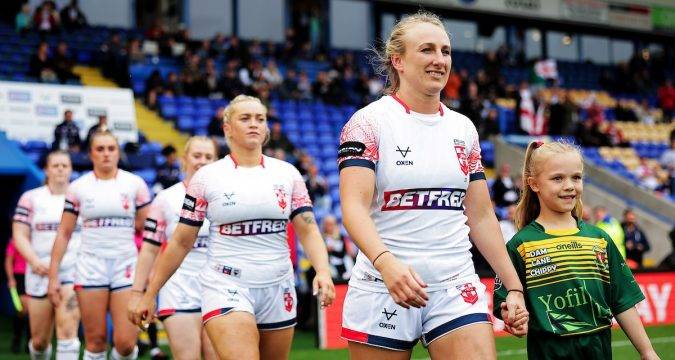 England will be fighting for more than just a World Cup trophy when the women's tournament begins at the start of November.
A better future for the women's game in this country could also be the prize if they can win the title for the very first time.
For all the strides made in recent years with the growth of the Women's Super League, the ga
England will be fighting for more than just a World Cup trophy when the women's tournament begins at the start of November.
A better future for the women's game in this country could also be the prize if they can win the title for the very first time.
For all the strides made in recent years with the growth of the Women's Super League, the ga Why England’s women are battling for far more than just a World Cup trophy
 England will be fighting for more than just a World Cup trophy when the women's tournament begins at the start of November.
A better future for the women's game in this country could also be the prize if they can win the title for the very first time.
For all the strides made in recent years with the growth of the Women's Super League, the ga
England will be fighting for more than just a World Cup trophy when the women's tournament begins at the start of November.
A better future for the women's game in this country could also be the prize if they can win the title for the very first time.
For all the strides made in recent years with the growth of the Women's Super League, the ga 